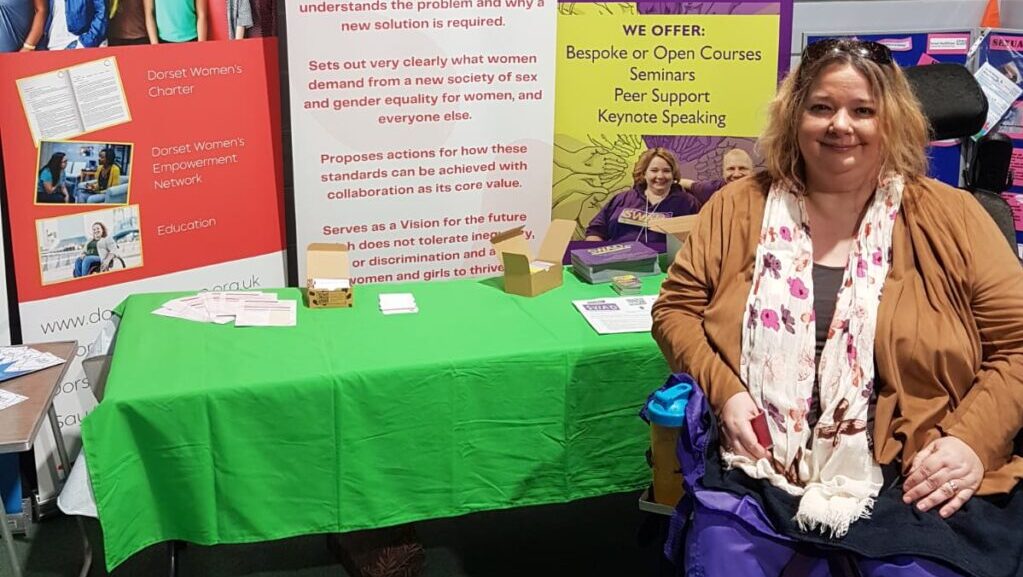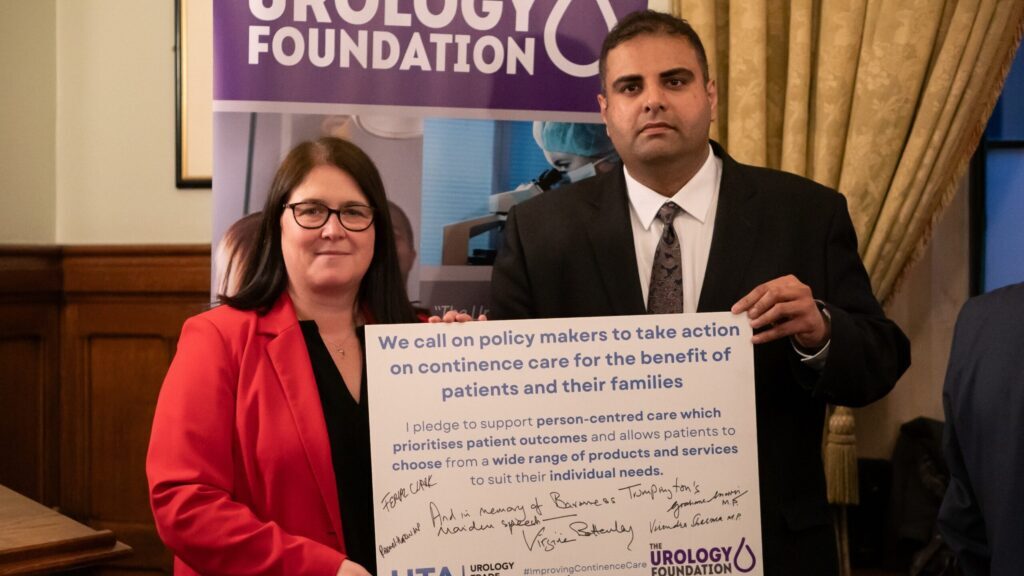Mixed response to proposed NI increase to cap care costs
Care providers have given a cautious welcome to news that an increase in national insurance contributions may be proposed by ministers as a means of capping the personal cost of social care for older people.
But unions hit out at the plans, saying any NI increases would hit the lower paid the hardest.
Representative body the Independent Care Group (ICG) said it was pleased that care reform seemed to be on the agenda but is waiting to see what is actually announced.
ICG Chair Mike Padgham said: “We would naturally be delighted if the Government announced that it was to begin the reform of social care – we have waited 30 years and currently have 1.5m people not getting the care they need.
“We wait to see what is actually announced but tackling the crippling cost of social care would be a good place to start. It is wrong that people currently end up selling their home to pay for the care they need.
“We have long campaigned for better funding for social care and believe that people would be prepared to pay a little more in taxation or National Insurance, or a combination of both, in return for a properly-funded, fair social care system.
“This might not be the perfect solution to everyone, but we have to make a start and refine as we go along, rather than keep talking.
“At the same time, this can only be the very start of reform and has to be a part of a root and branch overhaul of the system to make it fit for purpose.
“We need proper, sustainable funding, for dementia to be treated as other serious illnesses are, and funded accordingly, and for a proper pay and reward structure for social care staff.
“Capping care costs – however it is done – is only the beginning. A good beginning but just the start.”
Meanwhile the GMB union, which represents many care workers, said it was opposed to any increase in national insurance contributions. It also said additional investment in adult social care must go to the workforce and renewed its call for £15 an hour for care workers.
Rachel Harrison, GMB National Officer said: “We can debate the merits of how social care should be funded, but GMB does not back raising regressive national insurance which would hit the lowest paid workers.
“Any investment in adult social care must come with ringfenced cash to improve the pay, terms and conditions of workers across social care to reflect the skilled and valued job they do.
“The Government says it wants to put social care funding on a sustainable footing. They can only do that by prioritising the workforce and ensuring skilled workers stay in the profession and the sector can recruit.
“As we recover from the pandemic and if Ministers are serious about ‘levelling up’ the country we can’t go back to the failed business model of the past – and that means Government investment plans are not just skewed towards men.
‘The largely women workforce in social care deserve no less than the average UK wage, £15 an hour. Government and employers must make this a priority.



